Neil deGrasse Tyson's 6 favorite books
The astrophysicist, television host, and prolific author shares the tomes on his nightstand
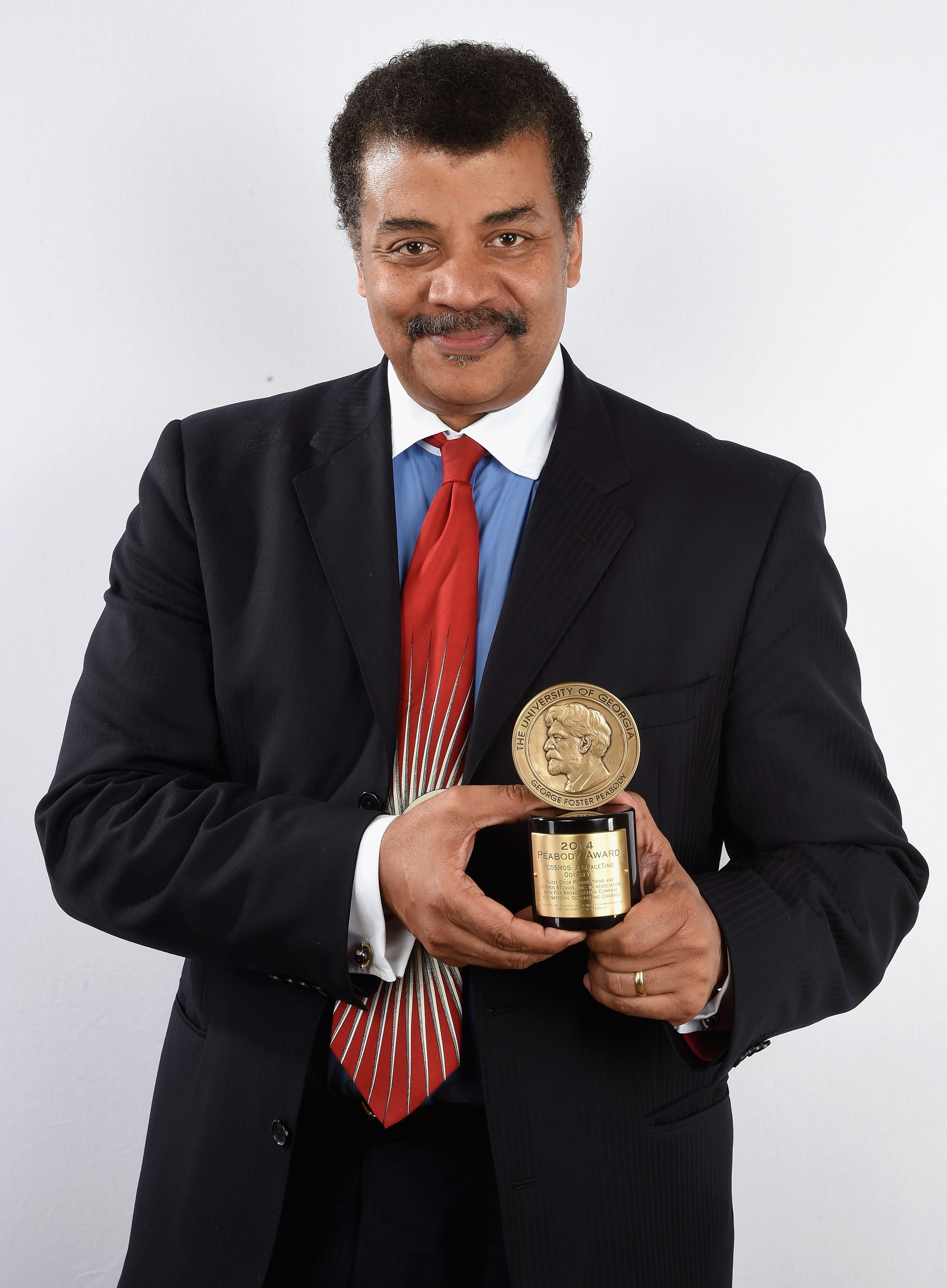
One Two Three...Infinity: Facts and Speculations of Science by George Gamow (Dover, $13).
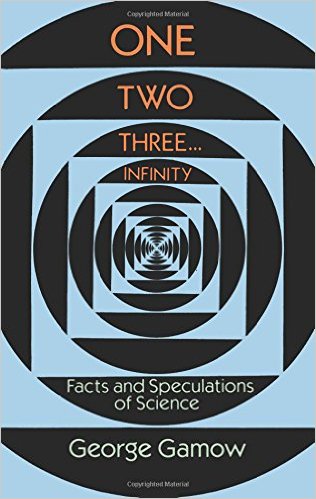
I have aspired to write a book as influential to others as this book was to me. I read it in ninth grade, and it did what Gamow, a nuclear physicist, designed it to do: It transformed the physics of the universe into an intellectual playground of delight. From then on, studying to become a scientist was no longer a task but a celebration.
Gulliver's Travels by Jonathan Swift (Dover, $6).
The Week
Escape your echo chamber. Get the facts behind the news, plus analysis from multiple perspectives.

Sign up for The Week's Free Newsletters
From our morning news briefing to a weekly Good News Newsletter, get the best of The Week delivered directly to your inbox.
From our morning news briefing to a weekly Good News Newsletter, get the best of The Week delivered directly to your inbox.
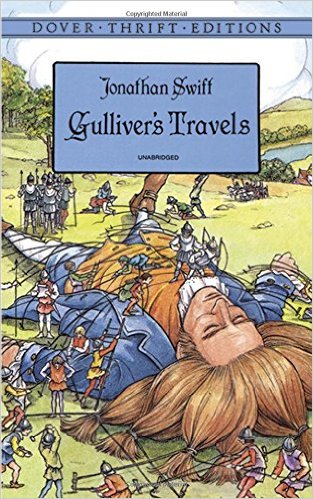
A reminder that, most of the time, humans are yahoos.
The Andromeda Strain by Michael Crichton (Vintage, $10).
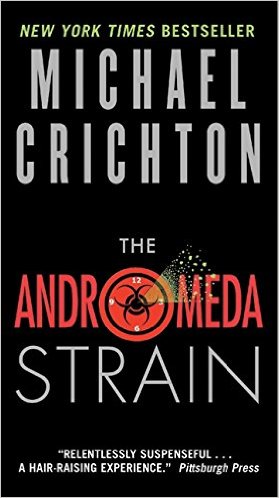
A reminder that space is dangerous — not only because of what we know can kill us, but especially because of all that we have yet to learn can kill us.
The Mismeasure of Man by Stephen Jay Gould (Norton, $19).
A free daily email with the biggest news stories of the day – and the best features from TheWeek.com
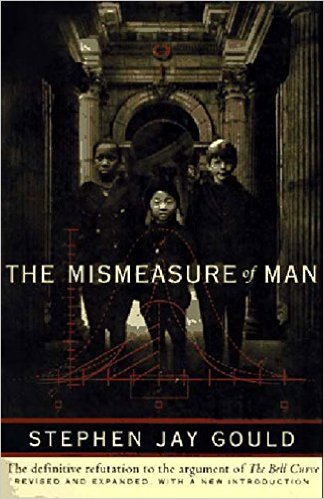
A reminder of what can happen when what passes as science is conducted in a landscape of social, political, and cultural bias. Gould was a paleontologist and evolutionary biologist, and in his seminal 1981 book he provided a history of biological determinism — the idea that the social and economic standing of different groups of people is rooted in hereditary, inborn distinctions — and then marshaled the evidence to definitively refute it.
Sidereus Nuncius, or The Sidereal Messenger by Galileo Galilei, translated from Latin by Albert Van Helden (Univ. of Chicago, $17).
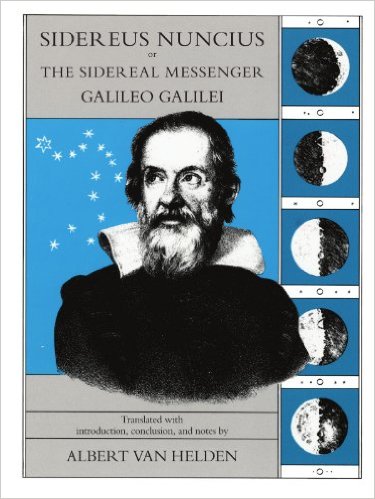
This is Galileo's 1610 report on what he saw when he first looked through a telescope — and a reminder that the universe brims with undiscovered truths that lie in plain sight before us.
The Blind Watchmaker: Why the Evidence of Evolution Reveals a Universe Without Design by Richard Dawkins (Norton, $19).
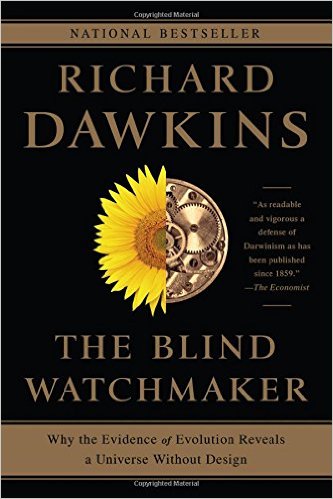
Dawkins is a longtime friend, and a tireless defender of the real story of how we all got here. This 1986 book is a reminder that the laws of evolution and natural selection, given billions of years, have no trouble generating stupefying complexity among life-forms on Earth.
— Astrophysicist and television host Neil deGrasse Tyson is the author of 10 books, including StarTalk, a new companion volume to his podcast and cable show of the same name. The National Geographic series has just begun its third season.
-
 San Francisco tackles affordability problems with free child care
San Francisco tackles affordability problems with free child careThe Explainer The free child care will be offered to thousands of families in the city
-
 How realistic is the Democratic plan to retake the Senate this year?
How realistic is the Democratic plan to retake the Senate this year?TODAY’S BIG QUESTION Schumer is growing bullish on his party’s odds in November — is it typical partisan optimism, or something more?
-
 Taxes: It’s California vs. the billionaires
Taxes: It’s California vs. the billionairesFeature Larry Page and Peter Thiel may take their wealth elsewhere